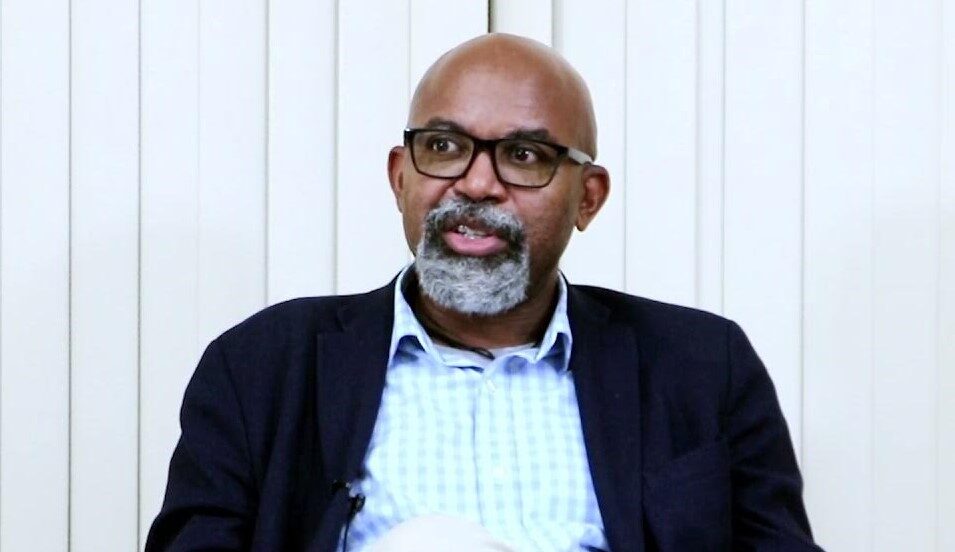By Marlon Madden
A lack of trust has been identified as one of the hindrances to the Caribbean Community (CARICOM) transitioning to full use of renewable energy and, subsequently, more affordable electricity for consumers.
This issue was raised by regional officials on Wednesday night during the Central Bank of Barbados’ final panel discussion in the Caribbean Economic Forum series for 2023, on the topic What Does Moving to Green Energy Mean for Us?
Executive director of the Caribbean Centre for Renewable Energy and Energy Efficiency (CCREEE), Dr Gary Jackson stressed the importance of regional integration to build out the renewable energy sector.
However, he argued that trust was lacking, resulting in a slower-than-required integration.
“One of the things we need to consider in the transition is that we need to trust each other. Trust is something we have to consider very carefully. It would require a reconfiguration of our systems. It is not business as usual. That is critical,” Jackson said.
“There’s a distrust across the region by country. So, I’ll give you an example: the consumer doesn’t trust the utility, the utility doesn’t trust the regulator, the regulator doesn’t trust the utility, the government doesn’t trust the utility, and that is just a mayhem.”
He stated that the total generation capacity in CARICOM member states was about 6 620 megawatts, but the total renewable energy capacity installed to date was only 680 megawatts.
Acknowledging that billions of dollars of investment were required to make the transition, including in the modernisation of national grids, Jackson said while the electricity companies were willing to play their part, they simply wanted clear rules.
However, he contended that there were still “differences in views” across stakeholder groups and there was a need for regulation in the region to be modernised and harmonised.
He shared the view that had the region tapped its renewable energy sources over two decades ago, electricity would be more reliable, affordable and more widely available today.
“Those are the things, I believe, if we had started 20 years ago, an innovation would have come into play because we would have done so much. We would have gained so much knowledge that our youngsters would have actually created new technologies for us to even accelerate further, our energy transition,” said Jackson.
The CCREEE chief said while a lot of training has been done in the area of solar power installation and maintenance, a lot more training had to be done in the areas of geothermal, hydro and wind energy.
Raquel Moses, chief executive officer of the Caribbean Climate-Smart Accelerator (CCSA), suggested that incentives should be offered to encourage utility companies to change their business models and modernise their systems to ensure faster renewable energy transition across member states.
She said there were several examples of renewable energy projects being done in several regional countries, by both private and public sectors, but “we need to tap into getting our stories told and learning from each other”.
“We have to trust each other and learn the lessons. None of us are doing everything 100 per cent right, but there are centres of excellence across the region,” Moses insisted.
She agreed with Jackson that if the region had transitioned to 100 per cent renewable energy reliance years ago, electricity would not be as expensive as it is now.
“So, while I am not suggesting that your bill would have been a quarter of what it [is], the reality is that if we had transitioned to renewable energy sooner we would absolutely be facing lower energy bills,” Moses said.
The two also agreed on the need for greater energy conservation and energy efficiency practices at the household and business levels.
Calling for greater unity among countries to build out the renewable energy sector in the region, Moses opined that if countries were collaborating more on a regulatory framework, they would be “far more advanced”.
Meanwhile, Ricardo Marshall, director of the Roofs to Reefs programme in the Prime Minister’s Office, called for greater urgency in the transition to renewable energy, to cut back on the amount of foreign exchange leaving the region to purchase fossil fuel.
He said it was about time that countries backed up their national renewable energy commitments with action, as they continued to be vocal in calling for carbon-producing nations to contribute more financially.
“So we need to make our voices heard and to show our strength in numbers collectively if we’re to move forward,” Marshall said.




